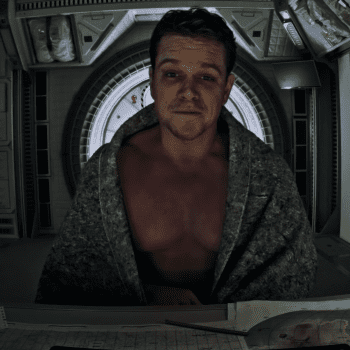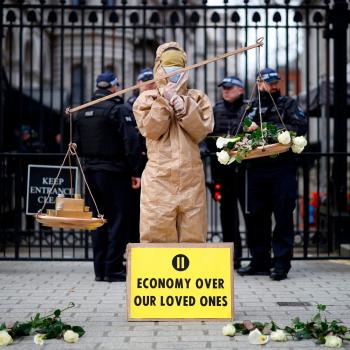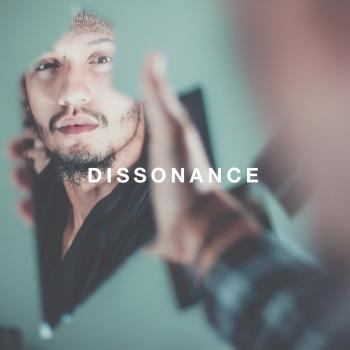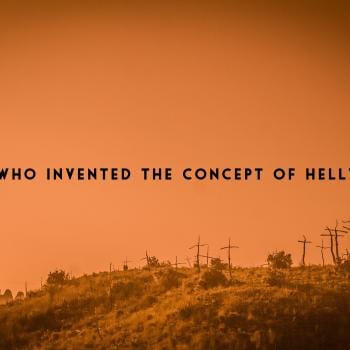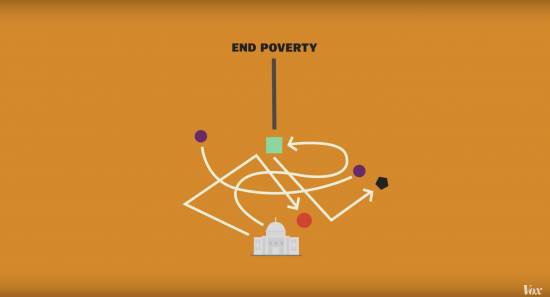
It’s said that 45 million US citizens suffer from abject poverty; ”13.1 million children in the US are food insecure.”
This is not even including the estimated 11.3 million undocumented individuals currently residing in the U.S.
“We spend so much time making our living that we never have time to live our lives.”
Anyone who has ever struggled simply to meet their basic needs knows how crushing the anxiety caused by this type of poverty can be; it’s misery; soul-crushing, energy-sucking misery.
It’s said that the only thing better than pure bliss is nothingness; abject poverty, even just struggling day-to-day to make ends meet, this robs one of their quality of life.
We end up spending so much of our lives trying to get by that we don’t take the time or energy to actually live out the life we’ve been given. I want to make the argument that we all deserve the same quality of life or, at the very least, opportunity to access the same quality of life as others.
In this particular instance, I’m not even talking about just the poor; I’m talking about us as a middle class.
Which is why I want to [re]suggest a viable option:
Unconditional Basic Income (UBI): this is a type of social security giving citizens and/or residents of a particular country a regular, steady and unconditional sum of money.
Before you judge and think this is pure insanity consider the fact that this isn’t a new idea; nor is it an impossibility as the U.S. has actually implemented this already in various past cities. Jimmy Carter, Martin Luther King Jr., Bernie Sanders, and various other leaders have popularized and mainstreamed it; it’s only been up until recently that it’s lost it lime light.
Angus Deaton, the winner of the Nobel Prize in Economic Sciences, explains that solving poverty is not as complex as we’d like to make it (although, it should be noted, many proponents of UBI would largely disagree with much of what Deaton has said previously).
We live in the richest country in human history. Having 45 million of our citizens living beneath the poverty line is unacceptable.
What This All Comes Down To…
Many of us mistake that poverty is about money. It’s not. It’s about life’s quality. We just so happen to live in a world in which our lives have to rotate around money in order to buy, gain or have a shot at possessing a little bit more quality. Arguing for UBI is arguing for a certain level of quality of life as a basic human right.
This then gives us freedom (yes, that thing you thought you already had) and therefore a choice, on whether or not we want to remain in our dead-end job, underneath our miserable and very manipulative boss; a boss who is quite possibly taking advantage of our financial situation.
Not to mention, it brings accountability to corporations without destroying their market incentive.
“The market economy will still exist, but without poverty.”
[which, this begs to question, those people (on the top) who are so adamantly against this, whether or not they were born a psychopath or if their soul just slowly and steadily over time died leaving nothing but a shell of who they used to be.]
Boss’ turn from slave-driving the middle to lower class towards having to respect us as equals, where we’re no longer forced into staying underneath their control.
“The government is already spending over 2 trillion dollars a year to maintain people’s income and we still have 13.5% of the population living in poverty. So the current system is not working and extremely expensive.”
We’d, arguably, save money; health care costs would plummet as anxiety, depression, and/or malnourishment levels decrease. We’d overall be a happier, better, more united nation.
“Plan A”
The US and our Homeland Security is said to reach over $4.79 trillion by the end of 2017. If we value homeland security than this form of social security should be taken seriously. Why does it seem homeland security has more to do with our military than our children’s education, health care for all, housing for the homeless?
What would happen if we turned away from other nations problems and first dealt with our own?
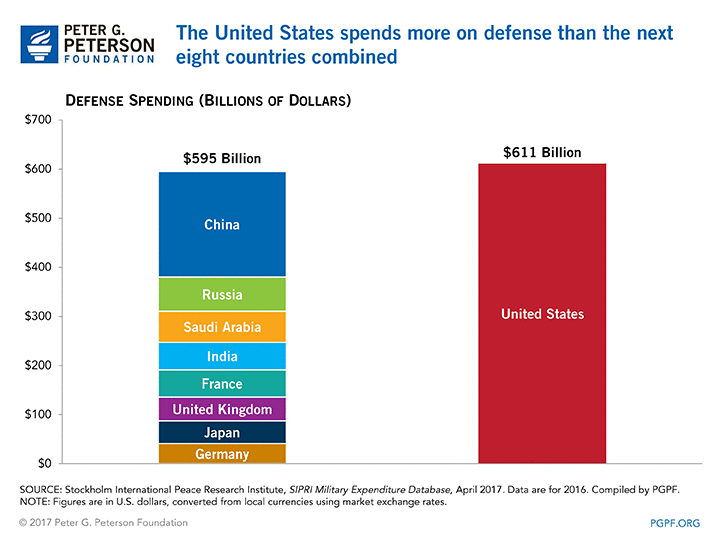
If the US reallocated 3,984,000,000,000; we’d be able to still spend over a trillion dollars on our militant type of “security.”
This is the call of the Church.
That’s us. Both, you and I included.
Is this not our duty as “Christians”? How can we take the gospels seriously if we ignore Matthew 25:31-45?
“‘Come, you who are blessed by my Father; take your inheritance, the kingdom prepared for you since the creation of the world. 35 For I was hungry and you gave me something to eat, I was thirsty and you gave me something to drink, I was a stranger and you invited me in, 36 I needed clothes and you clothed me, I was sick and you looked after me, I was in prison and you came to visit me.’”
– Jesus (Matthew 25:34 – 36)
Breaking it down: There are approximately 253 million Christians in the US. And, let’s say only 126 million of us are actually Jesus following Christians, that take caring for the poor seriously and/or are not the poor themselves.
If only half of the Church donated 5.00/day we could end poverty for 45 million Americans (said to be living in poverty) by next year, giving them the freedom to choose, and most importantly a better quality of life to live.
In “Evangelical marketing” terms: This would only be a single cup of [fancy] coffee a day to end poverty in our own country.
If you want to go the cheaper route and save this money for yourself, then we could alter the vote by simply participating in our local elections, engaging with our neighbors and swaying Congress towards socially helping others instead of blindly funding corporations.
[1] US spending on Middle East wars, Homeland Security will reach $4.79 trillion in 2017
[2] Banner is from Vox a screenshot of this video on UBI



